Book Review: Dream Country by Shannon Gibney
Publisher’s description
Confession: I have been staring at the blank screen now for 18 minutes. I’ve been writing book reviews for 16 years, since I was in graduate school at Simmons. How many reviews have I written in those years—many hundreds, maybe more than a thousand? And yet here I sit, trying to put together even just one useful, coherent sentence that might begin to sum up how powerful, unique, and phenomenal this book is. I’m frowning as I type, because those words don’t even begin to do this novel justice.
The first thing you should know is that this novel will challenge readers, and I mean that in the best possible way. We move around in time and in place, and though there are parts of a family tree shown, I had to draw my own to start to make the connections clearer. You know who is up for challenging reads? Teenagers. They’ll be fine.
We’re first introduced to Kollie, a 16-year-old Liberian boy living in Brooklyn Center, Minnesota (just outside of Minneapolis) in 2008. His family fled Liberia during the Second Civil War and lived for three years in a refugee camp in Ghana. Many of his friends and classmates are Liberian, and there’s a lot of tension between the African immigrant kids and the black American kids. Kollie and his friends are regularly called slurs, called “jungle animals.” Things are not easy for Kollie, but he’s getting by. His parents have high hopes for him, that he can help be a positive influence in the community. His mother warns him that America may be the land of opportunity, “but if you want to destroy yourself, they will give you that opportunity too.” She says the world will do its best to convince black boys that they should destroy themselves, but she’s proud he’s working to better himself. Of course, this speech is before Kollie is involved in a violent incident at school, suspended, and working for William, a neighborhood “degenerate.” Devastated and ashamed, his parents send him away.
From here, we weave back and forth in time and location, meeting some of Kollie’s ancestors and following their struggles, losses, and achievements as they try to make their way through a world that doesn’t seem to want them to succeed or even to exist. Readers meet Togar, in 1926, in Grand Bassa County, Liberia, fleeing from Congo soldiers. We follow the story of Yasmine, who we meet in 1827 on a plantation near Norfolk, Virginia. The American Colonization Society’s new idea is to send “the coloreds” back to Africa’s Gold Coast to share their knowledge, experience, and salvation with the people there. Though this opportunity seems rife with potential, another woman there warns Yasmine that their new town is a hell and to stay away from hope. Yasmine and her family quickly realize that their new life is one filled with tension and fighting, and that the white men who came up with this idea weren’t looking to better anyone, but rather to ship people away to eliminate them. We also spend time with Evelyn and Ujay, in 1980, in Monrovia, Liberia, where we see Ujay’s work as an activist with the Progressive Alliance of Liberia and the hope for indigenous, not Congo, rule. We flash forward to 1994 with Ujay, now in a refugee camp near Ghana. And finally, we hear from Angel, Kollie’s sister, in 2018, ten years after Kollie was sent away from their family.
The stories are loosely tied together (in the sense that we’re following the line of one family and returning to the same place over and over), but read like short stories, complete on their own. It feels especially profound, then, when we reach Angel’s portion of the narrative and understand that it is she who has been telling all of these stories as a way to help make sense of her lineage, history, and ancestors. Through her revelations about her writing, readers see the choices she made in telling these stories, her search for explaining people and their actions, her desire for wholeness, for neat intertwining, for being able to know what these experiences were like. The title, Dream Country, takes on new significance through Angel’s eyes, and with Angel’s own story. This powerful and well-written story examines deep human emotions, the desire and fight for freedom, power, and immigrant experiences. Perhaps shamefully, I managed to make it to 40 without knowing much of anything at all about Liberia, but this book has changed that. Gibney’s complex look at one family, told through a wide scope, is moving and unlike anything I have ever read before in YA. This is one of the best books I’ve read this year. Don’t miss it.
Review copy (ARC) courtesy of the publisher
ISBN-13: 9780735231672
Publisher: Penguin Young Readers Group
Publication date: 09/11/2018
Filed under: Book Reviews, Uncategorized
About Amanda MacGregor
Amanda MacGregor works in an elementary library, loves dogs, and can be found on Twitter @CiteSomething.
ADVERTISEMENT
ADVERTISEMENT
SLJ Blog Network
One Star Review, Guess Who? (#202)
Review of the Day: My Antarctica by G. Neri, ill. Corban Wilkin
Exclusive: Giant Magical Otters Invade New Hex Vet Graphic Novel | News
Parsing Religion in Public Schools
ADVERTISEMENT


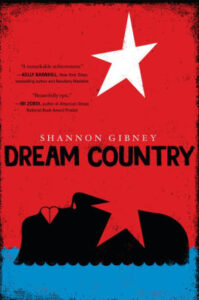

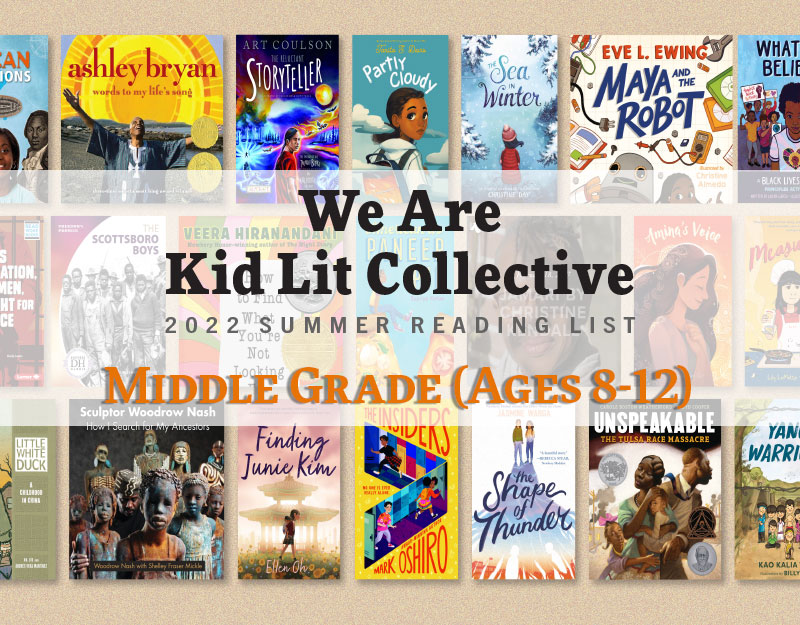
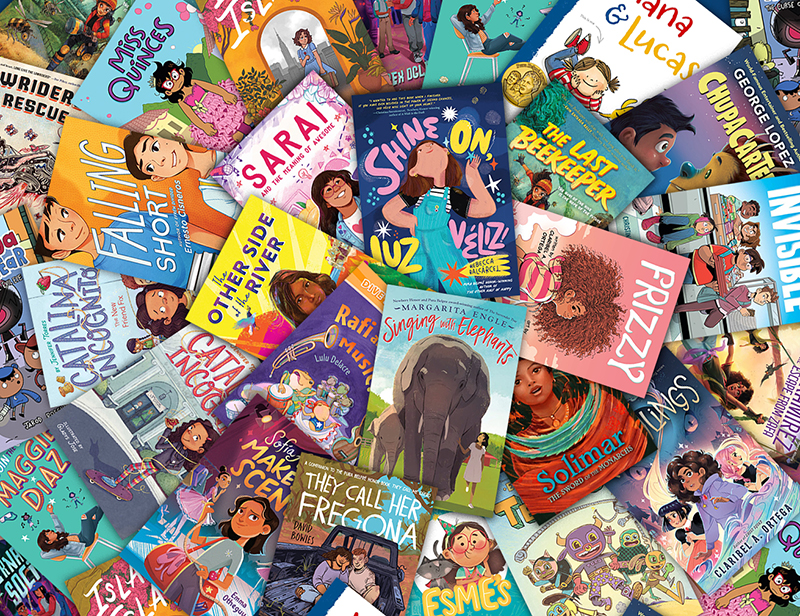
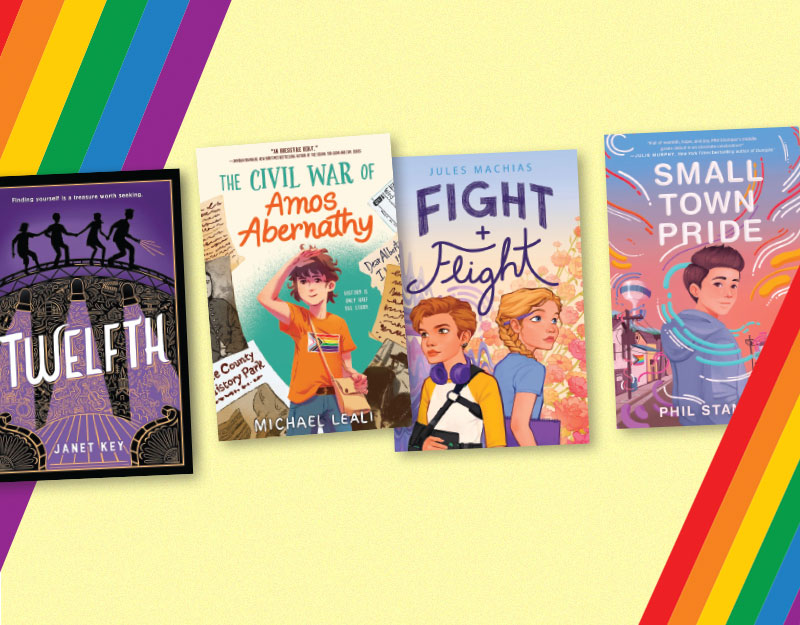

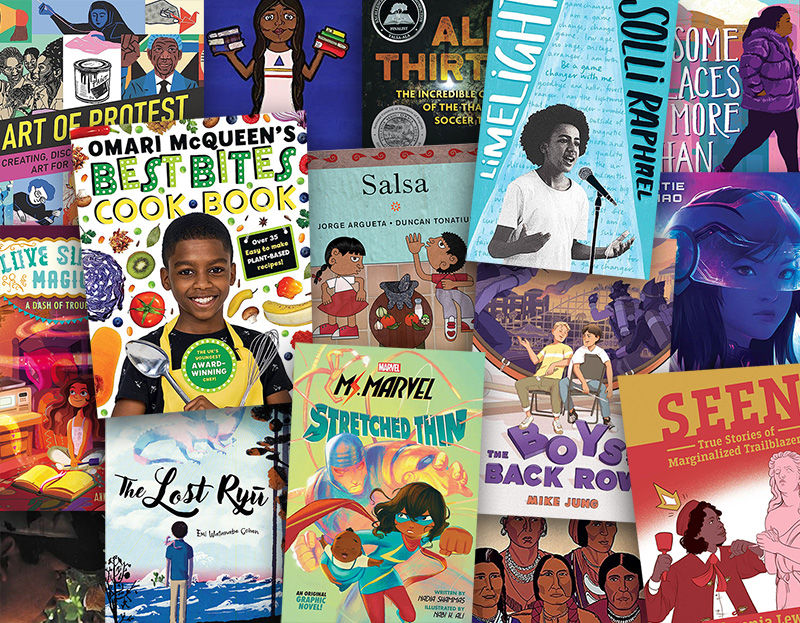
Historical Fiction requires a lot of effort to get it right. https://usabookreviewers.com/ helped to launch my suspense novels by gathering reviews and generating a buzz !